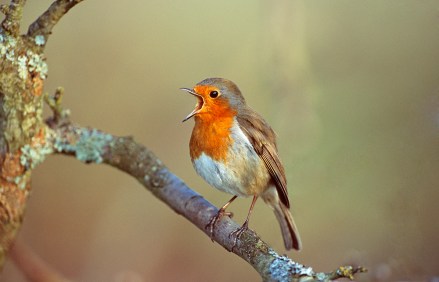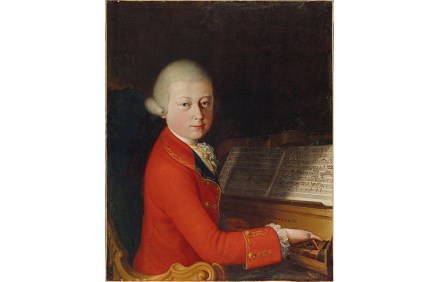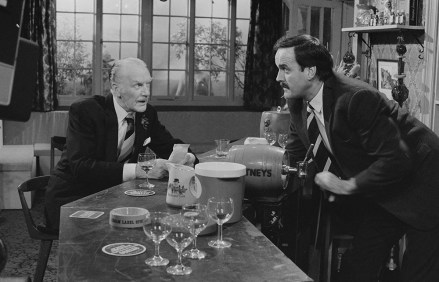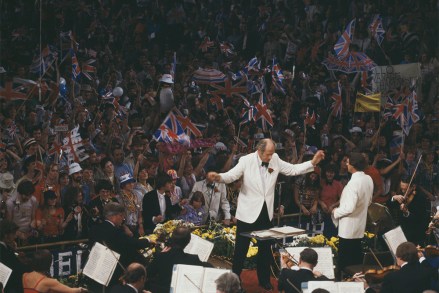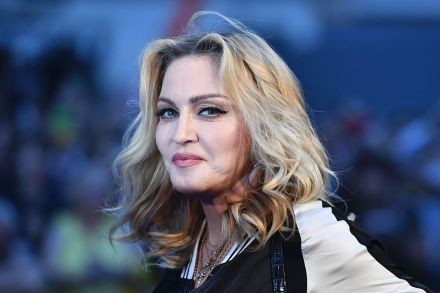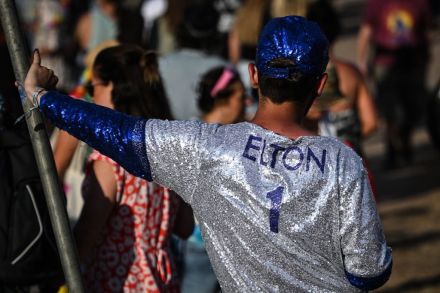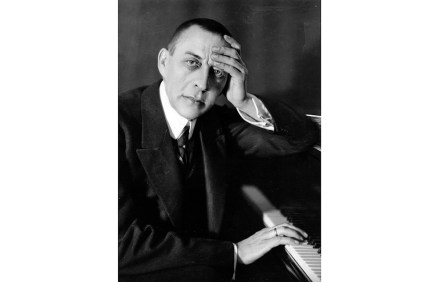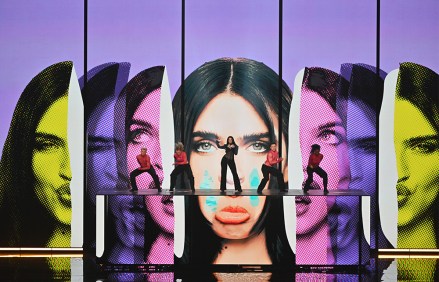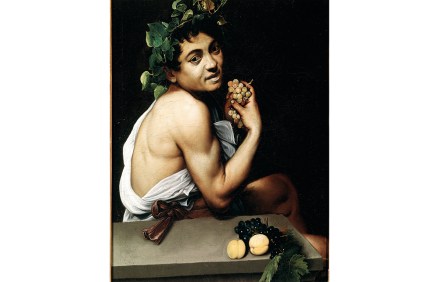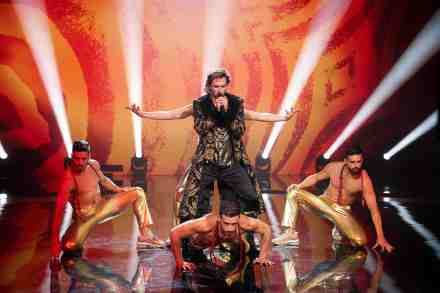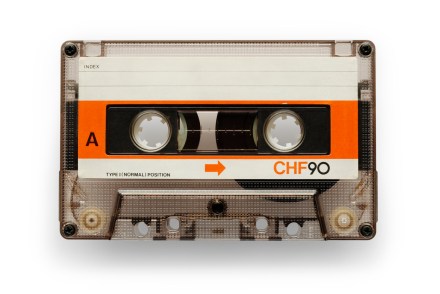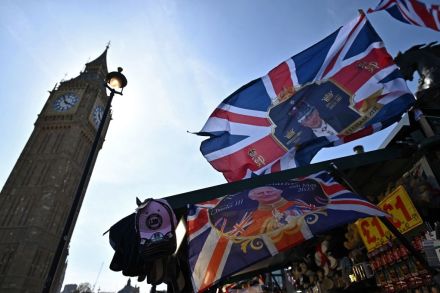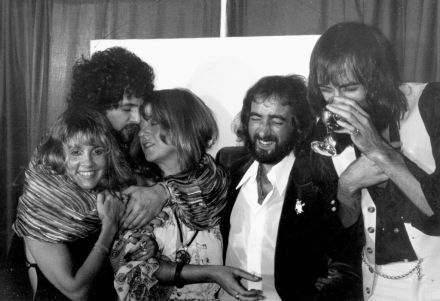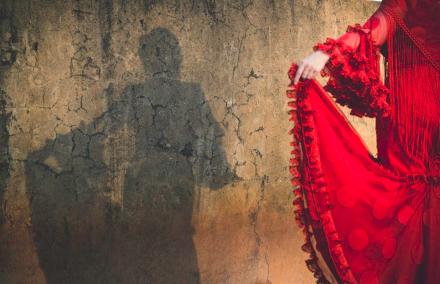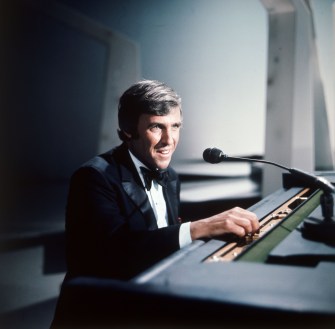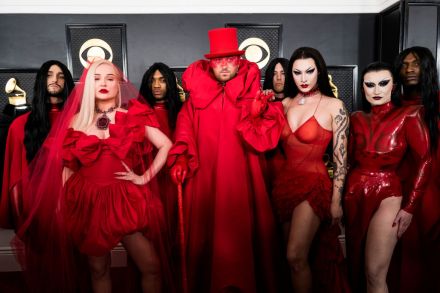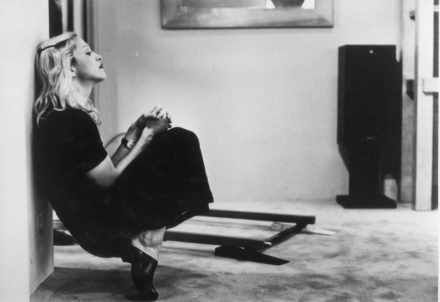Sounds and sweet airs that give delight
Caspar Henderson writes beguiling books about the natural world, full of eyecatching detail and plangent commentary. His Book of Barely Imagined Beings: A 21st-century Bestiary came out in 2012. A Book of Noises is a worthy companion – a pursuit of auditory wonders, a paean to the act of listening and a salute to silence. Item: the music of the spheres. (The planets’ orbits, proving unideal and elliptical, suggested to the musically minded astronomer Johannes Kepler an appropriately sad, minor-keyed leitmotif for the Earth, where, he felt, misery and famine held sway’.) Item: the world’s loudest sound. (The asteroid Chicxulub that killed the dinosaurs 66 million years ago; also an
